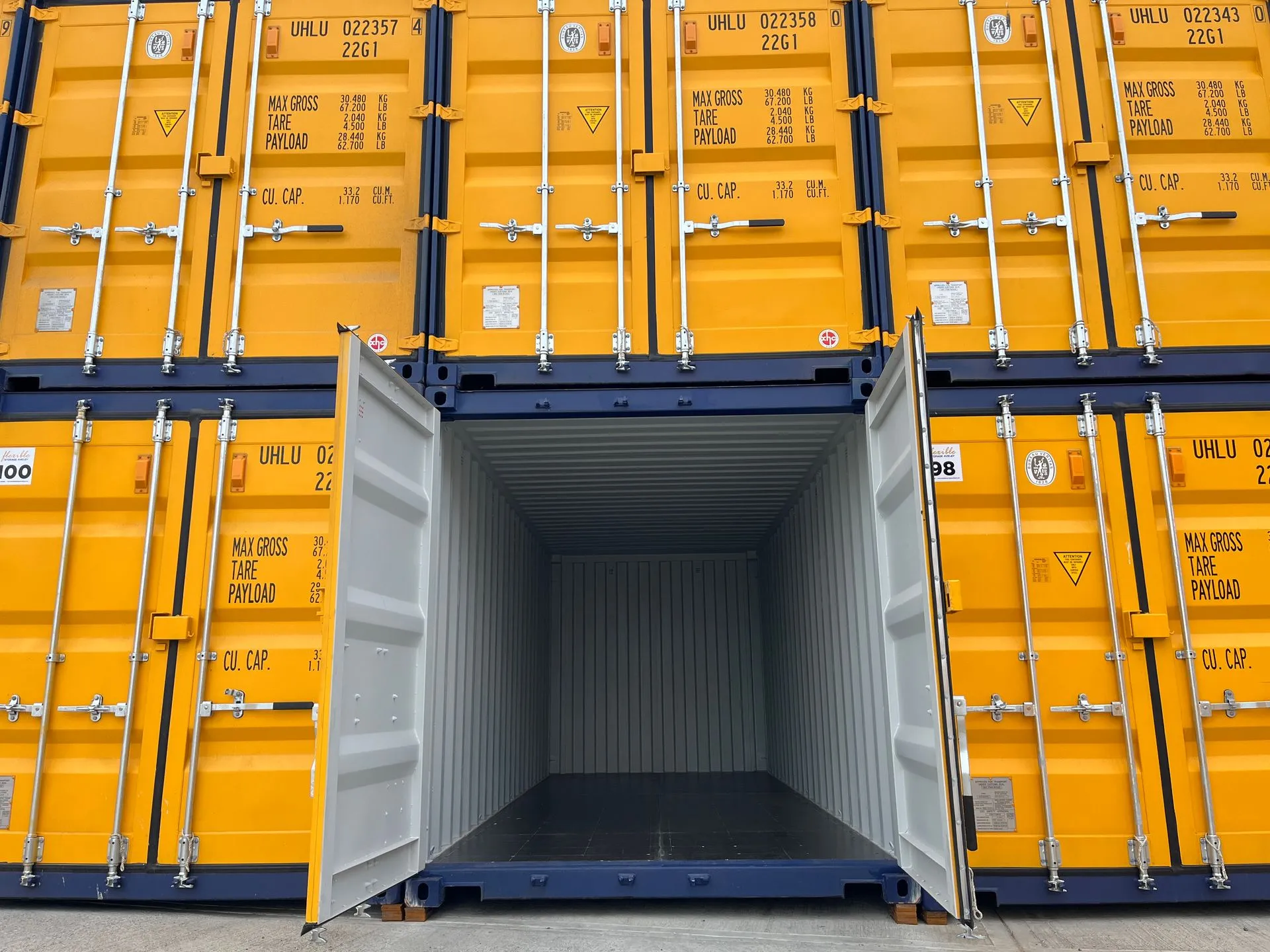In today’s fast-paced world, space is a precious commodity. Whether you’re downsizing, moving, or simply looking to declutter, storage units offer an ideal solution to keep your belongings safe and secure. This guide aims to shed light on the various aspects of storage units, helping you make informed decisions about your storage needs.
Why Choose a Storage Unit?
Storage units are more than just extra space. They provide a convenient, flexible option for those who need to store items temporarily or long-term. With accessibility and security at the forefront, storage units cater to a range of needs, from safeguarding valuable possessions to holding surplus inventory for businesses.
Flexibility and Convenience
One of the most appealing aspects of storage units is their flexibility. You can rent a unit for as short or as long as you need, with the ability to upgrade or downsize your unit size as necessary. This convenience allows you to adapt to changing circumstances without the hassle.
Security Features You Can Trust
When storing your belongings, security is a top priority. Modern storage facilities offer robust security measures such as 24-hour surveillance cameras, gated access, and on-site managers to ensure your items are well-protected. Knowing that your possessions are under constant watch provides peace of mind.
Affordable Solutions for Everyone
Storage units in Seguin Tx are a cost-effective way to manage your belongings. With various sizes and pricing options available, there’s a storage solution for every budget. This affordability makes storage units accessible to a wide audience, from college students to retirees.
Types of Storage Units Available
Not all storage units are created equal. Depending on your needs, you may require a specialized type of unit that caters to specific items. Here’s a rundown of the most common types available.
Climate-Controlled Units
For those storing temperature-sensitive items like electronics, antiques, or musical instruments, climate-controlled units maintain a consistent temperature and humidity level. This feature helps prevent damage caused by extreme weather conditions.
Drive-Up Access Units
Drive-up access units are perfect for individuals who need regular access to their belongings. These units allow you to drive directly to the entrance of your unit, making loading and unloading a breeze.
Specialty Storage Options
Some facilities offer specialty storage solutions, such as vehicle storage or document storage. These units are designed with specific features to accommodate unique storage needs, ensuring your items are stored safely.
Choosing the Right Storage Unit Size
Selecting the appropriate storage unit size is crucial to maximizing efficiency and minimizing costs. Here are some tips to help you determine the best size for your needs.
Assess Your Storage Needs
Start by evaluating the items you plan to store. Make a list of everything, including furniture, boxes, and smaller items, to get a clear picture of your storage requirements. This inventory will help you estimate the amount of space you need.
Understanding Storage Unit Dimensions
Storage units come in various sizes, typically ranging from small (5×5) to large (10×30) units. A small unit can accommodate a few boxes and small furniture pieces, while larger units can hold the contents of an entire home. Knowing these dimensions will aid in selecting a unit that fits your belongings comfortably.
Seeking Professional Advice
If you’re unsure about the size you need, consult with a storage facility representative. They can provide valuable insights based on their experience and help you make an informed decision.
Preparing Your Items for Storage
Properly preparing your items for storage will ensure they remain in good condition. Here’s how to pack and organize your belongings effectively.
Packing Materials and Techniques
Invest in quality packing materials, such as sturdy boxes, bubble wrap, and packing tape. Use these materials to protect fragile items and prevent damage during transit and storage.
Organizing and Labeling Boxes
Labeling each box with its contents will save you time and effort when retrieving items later. Organize boxes by room or category, making it easier to locate specific belongings when needed.
Strategic Placement for Easy Access
When storing items, place frequently used items near the front of the unit for easy access. Create a walkway in the unit to allow for convenient movement and retrieval of items as needed.
Making the Most of Your Storage Unit
Maximizing the utility of your storage unit involves strategic planning and organization. Follow these tips for an efficient storage experience.
Utilizing Vertical Space
Take advantage of the vertical space in your unit by stacking boxes and using shelving units. This approach maximizes storage capacity and keeps your unit organized.
Creating an Inventory List
Keep a detailed inventory list of the items in your unit. This list will help you track what’s stored and make it easier to locate items when needed.
Regularly Reviewing and Updating
Periodically review the contents of your storage unit and update your inventory list. This practice ensures your stored items remain relevant and in good condition.
Understanding Storage Unit Policies
Familiarizing yourself with the policies of your chosen storage facility is essential to avoid any surprises. Here’s what you need to know.
Lease Agreements and Terms
Carefully read the lease agreement and understand the terms, including rental fees, payment schedules, and cancellation policies. Being informed will help you make educated decisions regarding your storage unit.
Insurance Options and Considerations
While most facilities have security measures in place, it’s wise to invest in insurance coverage for your stored items. Check with your insurance provider to see if your homeowner’s policy covers items in storage, or inquire about insurance plans offered by the storage facility.
Access Hours and Restrictions
Know the access hours and any restrictions that may apply to your storage unit. This information is crucial for planning visits and accessing your belongings.
Pros and Cons of Storage Units
Like any service, storage units have their advantages and drawbacks. Here’s a balanced view to help you weigh your options.
Advantages of Using Storage Units
Storage units offer flexibility, security, and convenience, making them an ideal solution for managing excess belongings. They provide peace of mind and help you stay organized in times of transition.
Potential Drawbacks to Consider
On the downside, storage units require a financial commitment, and improper packing can lead to damaged items. Being aware of these potential issues will help you mitigate risks and ensure a positive storage experience.
Mitigating Risks and Enhancing Benefits
To maximize the benefits of your storage unit, take proactive steps such as investing in insurance, maintaining an inventory, and regularly checking on your items.
Conclusion
Storage units offer a practical solution for a variety of needs, from simplifying moves to managing business inventory. By understanding the different types of units, choosing the right size, and preparing your items properly, you can make the most of your storage experience. For those seeking additional guidance, consider reaching out to a reputable storage facility for personalized advice. With the right approach, storage units can provide the peace of mind and organization you need in today’s fast-paced world.
Keep an eye for more news & updates on Buzzs Lash!




